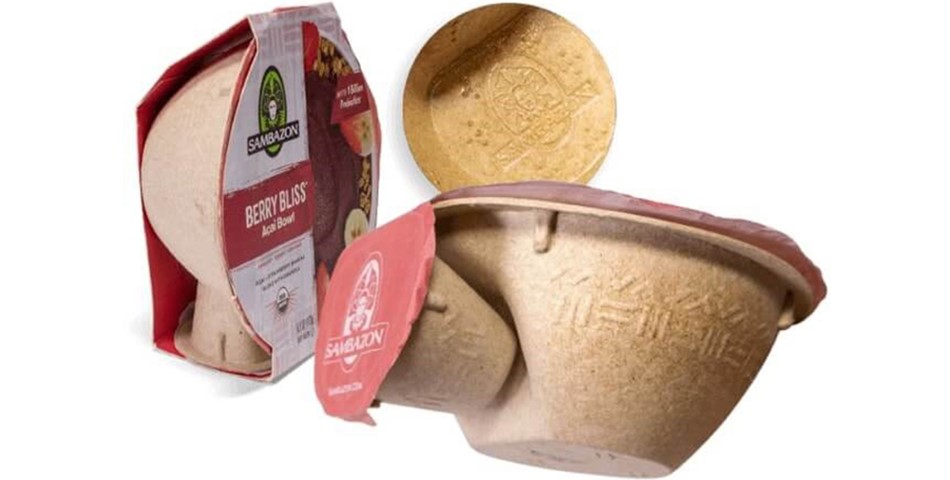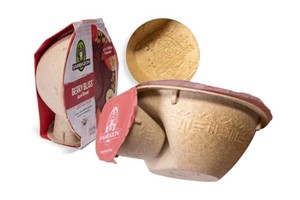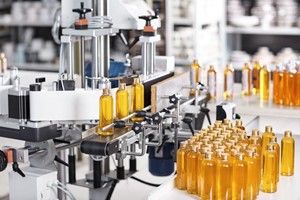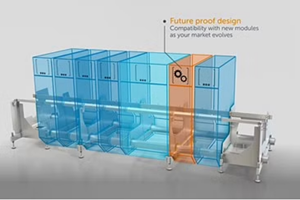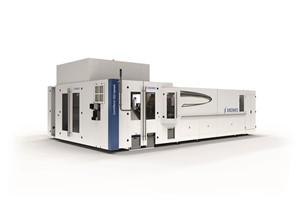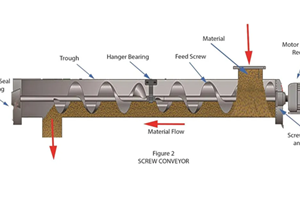Recent packaging trends have us flashing back but also looking forward in new ways
It is not surprising that some of this year’s trends seem cut-and-pasted from previous years. However, forward progress is still in motion on solutions for sustainability and flexible packaging.
While flexible packaging and pouches are still growing in demand, glass bottles have taken a back seat in the last year due to supply chain issues. Store shelves reveal that today, bottles come in a couple sizes instead of a full range, or brands are slow to release new shipments. Still, the demand has increased, and the North America Glass Packaging Market should see growth at a CAGR of 3.51% from 2021 to 2026, according to Mordor Intelligence. The largest growth will be in alcoholic beverages.
Paperboard continues to grow in demand, mostly due to e-commerce shipments. One area of concern is forestry—do we globally have enough trees planted to offset the increased use of paperboard. Paperboard corrugated and fiber-based are all very sustainable and are used on a continual basis.
Aluminum, mostly used in food and beverage cans, is also on the upswing. Vantage Market Research shows that it will likely grow at a CAGR of 5.9% from 2022 to 2028. The highly recyclable costs of cans, consumer interest in and ease of recyclability, and in packaged food contribute to aluminum growth.
This year’s packaging awards from both Dow Packaging and Flexible Packaging Association show that new structures with increased sustainability, updated barrier films and more flexible plastic packaging took this year’s honors—proving that the need in sustainable structures is not slowing.
Dow Packaging, a division of Dow, annually holds its Packaging Innovation Awards contest. For more than 30 years, awards have honored packaging projects from around the world, showcasing the very best in sustainable innovation. Open to entrants across the value chain, the awards look for initiatives that excel in at least one criteria: technological advancement, responsible packaging and enhanced user experience.
A group of independent judges from seven countries and representing more than 300 years of combined industry experience evaluated 189 packaging projects. In addition to the Diamond Award winner, 35 other inspiring projects were recognized: nine Diamond finalist winners, 13 Gold awards and 13 Silver recipients.
Here is a sample of entries from the food and beverage categories:
Brook farm: curbside recyclable, high-barrier stand-up pouch by O F Packaging, Diamond winner
O F Packaging created the pouch for Brookfarm’s muesli and granola that can also be recycled curbside. Flexible packaging is typically not easy to recognize by material recovery machines and hand picking such materials becomes difficult. After 12 months with their partners PREP Design and Results Group, the Diamond Award Winning Roll ’n’ Recycle packaging became a reality, allowing consumers to transform the empty, 100% polyethylene packaging into a 3D shape suitable for home recycling bins and enabling it to be recycled. The empty semi-rigid granola pouch is rolled into a cylinder by the consumer and the product label used as a sticker to keep the new shape of the packaging. Now, the rolled-up pouch can be dropped into the recycling bin ready for curbside pickup.
Danone: Laser-engraved recycled water bottle by VALGROUP & DANONE, Gold winner
VALGROUP & DANONE have removed the need for water bottle labels all together. The barcode is now engraved onto the bottle cap, and their laser decoration technology allows the details that would have previously been displayed on the label to be lasered right into the bottle, so there is now no chance of missing labels and an easier route into the recycling bin. The laser engraving also saves some grams of weight per bottle, which this adds up to environmental savings during the shipping process. It is the first of its kind on the Brazilian market.
SAMBAZON Açaí Bowl packaging by Fuseneo Inc., Gold winner
The goal of the package design was to use a new convenient form and help build awareness around issues of sustainability for the new frozen Açaí Bowl. Fuseneo designed this 100% compostable package with two-chambers to ensure freshness for the two distinct ingredients, granola and açaí. In addition, the bowl can be displayed standing up on a shelf as well as lying flat in a glass-top display freezer. Together with Fuseneo, SAMBAZON became the first company to launch a 100% plant-based packaging in the frozen dessert category.
Nescafé Protect Proslim, recyclable alu-foil free instant coffee stick by Huhtamaki Flexibles, Silver award
Nestlé Thai and Huhtamaki Flexibles created a new, more sustainable way for coffee. The Nescafé Protect Proslim was designed to replace the aluminum instant coffee sticks that are often used in planes, trains and hotel rooms. The mixed polyolefin structure replaces the existing foil-based laminate, making the packaging fully recyclable without compromising on product shelf-life. The packaging is easier to recycle due to use of only polyolefin based films and absence of aluminum foil, making it the optimal fit for the local recycling streams, meaning that a small recyclable stick pack of coffee can make a big difference to the environment.
Kristen Kazarian
The Managing Editor of Food Engineering magazine




